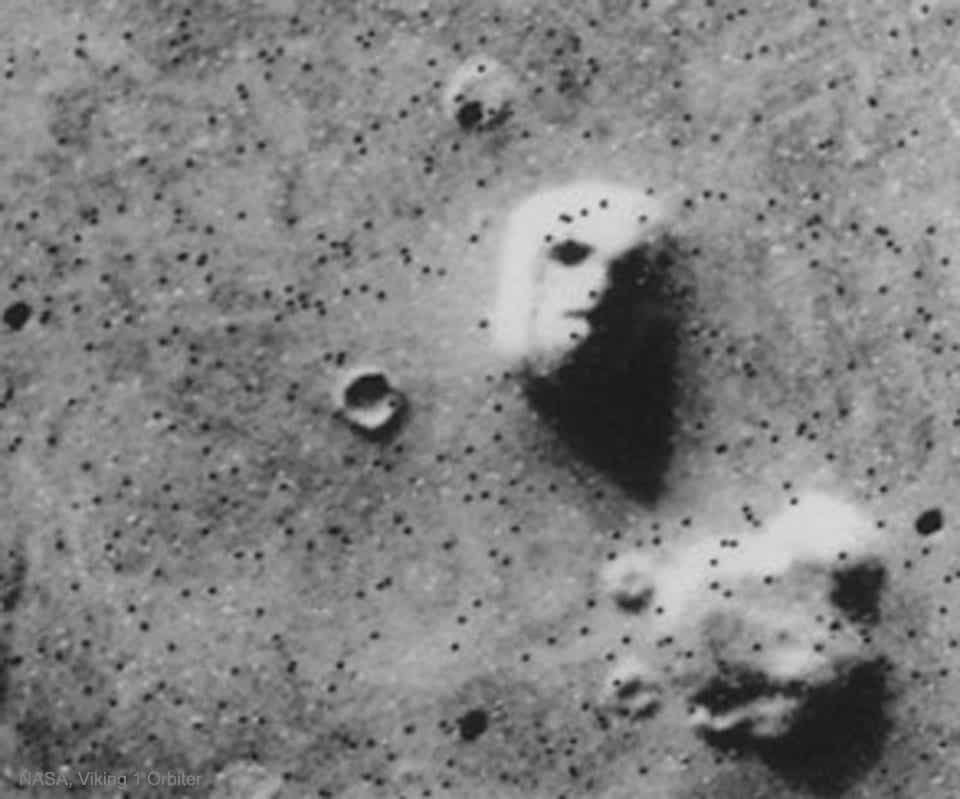Quotes explained: Stephen Covey on our perception of the world
We often forget that our perception of the world is not truly objective, but is largely influenced by who we are. The quote comes from the French writer Anaïs Nin, but has become even more famous thanks to the American bestselling author Stephen Covey, who has included it in several of his works (e.g. in "The Seven Habits of Highly Effective People").
We are not always actively aware of it, but somehow we suspect that there is something to the following words. We will look at what exactly, respectively how this quote is to be understood.
"We don't see the world as it is, we see it as we are."
- Stephen R. Covey
Origins of this quote
The maxim that people see the world as they are has appeared in different variants quite a few times in human history. According to the oldest known origin, it is a Talmudic proverb.
Various great personalities have used variations of these words: the French writer Anaïs Nin, the two American self-help book authors Stephen R. Covey and Napoleon Hill, the German philosopher Immanuel Kant, as well as the American psychologist G. T. W. Patrick, and also the cleric Sydney Smith.
Here chronologically recorded when which personality used these words:
- Immanuel Kant in 1781 in his major work "Critique of Pure Reason".
- Cleric Sydney Smith of the University of Oxford published a sermon in 1801.
- G. T. W. Patrick in 1890 within the article titled "The Psychology of Prejudice" published in the magazine "The Popular Science Monthly".
- H. M. Tomlinson in a tale called "The Gift" published in H. M. Tomlinson was published. The maxim was printed in a tale called "The Gift" in 1931.
- Napoleon Hill in his 1937 book Think and Grow Rich.
- Anaïs Nin in her 1961 work "Seduction of the Minotaur
- Stephen R. Cover in his best-selling self-help volume "The 7 Habits of Highly Effective People", which was first published in 1989.
People see the world as they are: Scientific example
Lukas and I were on a Sunday walk in the woods when we came to the topic of pareidolia. This was triggered by a contribution of the American astrophysicist Neil deGrasse Tyson in which he spoke of the famous "Mars face" that was observed by the orbiter of Viking 1, was recorded in 1976.
He drew attention to the fact that it is simply the well-known phenomenon:
Pareidolia is the recognition of faces and objects in abstract things and patterns, as the human brain tries to find familiar things in the field of view.

deGrasse Tyson points out that it borders on arrogance as a species to believe that potential extraterrestrial life must have a human-like face as an appearance characteristic, when even on Earth there are hardly any creatures that have one.
And in fact, besides humans and apes, there is practically nothing that has a human-like face. A dog, for example, may still have a face but it is already very different. With trees, plants, fungi, bacteria, etc. there is none at all.
Nevertheless, we see the world as we are. By the way, a more recent image of the same rock formation shows, clearly, that it is not a face:

The deeper meaning of this quote
What is meant by this quotation is that our experiences and beliefs significantly influence our perception of things and thus falsify it. We do not see the world objectively but subjectively. For example, there is no such thing as "bad weather", there is only weather.
There are countless such examples where we do not reflect reality, but in principle only our conditioning, paradigms and perception, according to Covey. And I must say that I can observe this myself very often. I have set myself the goal to work on getting rid of these distorted perceptions - even if I will probably never completely succeed (which is totally okay).
In fact, success can be achieved relatively quickly. And it is worth it. You live more consciously and more calmly. Somehow more genuine. Which makes sense when you remember that "genuine" means something like "real" and "unadulterated.
Here are two points to consider if you've made up your mind, too:
- Try not to judge, since we cannot know whether an event is good or bad. Luke has written an article on this subject about the famous Chinese farmer history for you.
- Those who have no preferences can derive equal benefit and thus fulfillment from all things. The legendary samurai Miyamoto Musashi also knew this, as I have shown in this Articles about this topic explain.
With these two approaches, you have the tools you need to tackle this project. Have fun!
Did you like this article? You can let us inform you about new articles:







